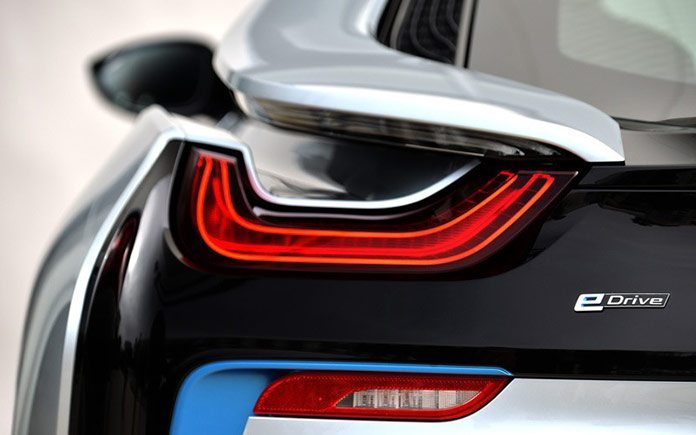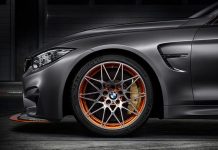
According to ACEA, in the first quarter of 2015, total alternative fuel vehicle (AFV) registrations in the EU significantly increased (+28.8 %), totalling 144,421. Of these, electric vehicles (EVs) saw their registrations more than double, rising from 11,304 units in Q1 2014 to 24,630 units in Q1 2015 (+117.9%).
Demand for new hybrid cars also increased (+21.4%), totalling 56,704 units in the first three months of the year. Natural gas powered 63,087 new cars during this period, or 16.5% more than in the first quarter of 2014.
Looking at the EU’s major markets, the UK saw the largest increase of AFVs registered over the period (+64.2%), followed by France (+33.9%), Italy (+18.1%) and Germany (+11.3%). Among the EFTA countries, the Norwegian market grew by 32.7%, reaching 10,901 units.
ACEA represents Europe’s car, van, truck and bus manufacturers, and works with a variety of institutional, non-governmental, research and civil society partners – as well as with a number of industry associations to ensure the economic environmental and social sustainability of the automobile industry.
While the future of alternative fuel vehicles is unclear, the report shows that the need for and potential of these cleaner cars grows more each day.
Nearly eight percent of average household income is spent on gasoline. Alternative fuels would be cheaper and would not be subject to the extreme price volatility of gasoline. Inexpensive to run, these cars would also not be expensive to manufacture. The report estimates that the premium to manufacture cars powered by alternative fuels would be less than a thousand dollars, and possibly much less.













